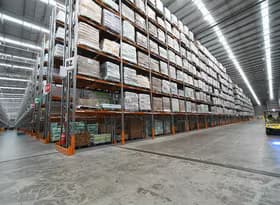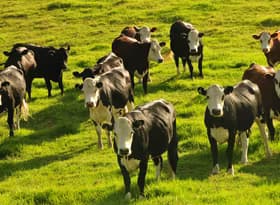Egg shortages have emerged across New Zealand in late 2022 and early 2023 as the supply of eggs has fallen. Regulation changes announced in 2012 saw battery-caged eggs banned, with this ban coming into force in 2023.
Plans were also made in 2017 to ban colony-caged eggs, although this change hasn’t yet eventuated.
The change in New Zealand’s egg production methods has seen available egg numbers fall considerably in 2022, and prices rise in response to sustained demand for eggs – exacerbating already-high inflationary pressures on food prices.
This analysis provides a brief overview of total egg production trends in New Zealand, highlights regional and local egg production, and examines egg prices.
Egg production fell 9.1% in 2022
Over the year to June 2022, New Zealand’s egg production, measured in dozens of eggs, was just over 92 million. This level of egg production was down 9.1%pa from the 101.2m recorded in 2021 and was the lowest level of egg production since 2016 (see Chart 1).
The fall in egg production in 2022 was the largest fall in nearly 20 years (with this series of data from Stats NZ only going back to 2002). It follows continued growth in egg production since a slight blip (a 0.9%pa fall) in 2018.
Auckland, Otago, and Manawatū are key egg producers
Infometrics analysis of 2017 Agricultural Census data shows that Auckland (19.9% of the total), Otago (19.6%), and Manawatū-Whanganui (14.4%) regions together account for 54% of New Zealand’s total egg production.
Northland and Waikato are also large egg producers, accounting for 12.4% and 11.8% of national egg production respectively. All other regions have around 5% or less of total production.
Just four territorial authorities account for half of total eggs, being Auckland, Dunedin City, Whangarei District, and Waitaki District (see Chart 2).
Egg prices rise as supply and demand diverge
The lower supply of eggs but no change in demand means that the chickens have come home to roost, and prices for eggs have risen in response. Infometrics analysis of Stats NZ Food Price Index data shows that egg prices have risen to $5.93/dozen in November 2022, up 16%pa from November 2021 (see Chart 3).
Chart
Prices were even higher in October, at $6.28/dozen, at which point egg prices were 26%pa higher.
There’s no (over) easy solution and no sunny side up for egg production immediately, with the sector smaller than it was in earlier years, meaning production will remain constrained in the short term. Time to crack on and lay the foundations for tomorrow.
A PDF copy of this analysis can be found here.
This Economic Note was prepared by:
Brad Olsen
Principal Economist and incoming Chief Executive
Infometrics
+64 21 253 5646 | Brad.Olsen@Infometrics.co.nz












